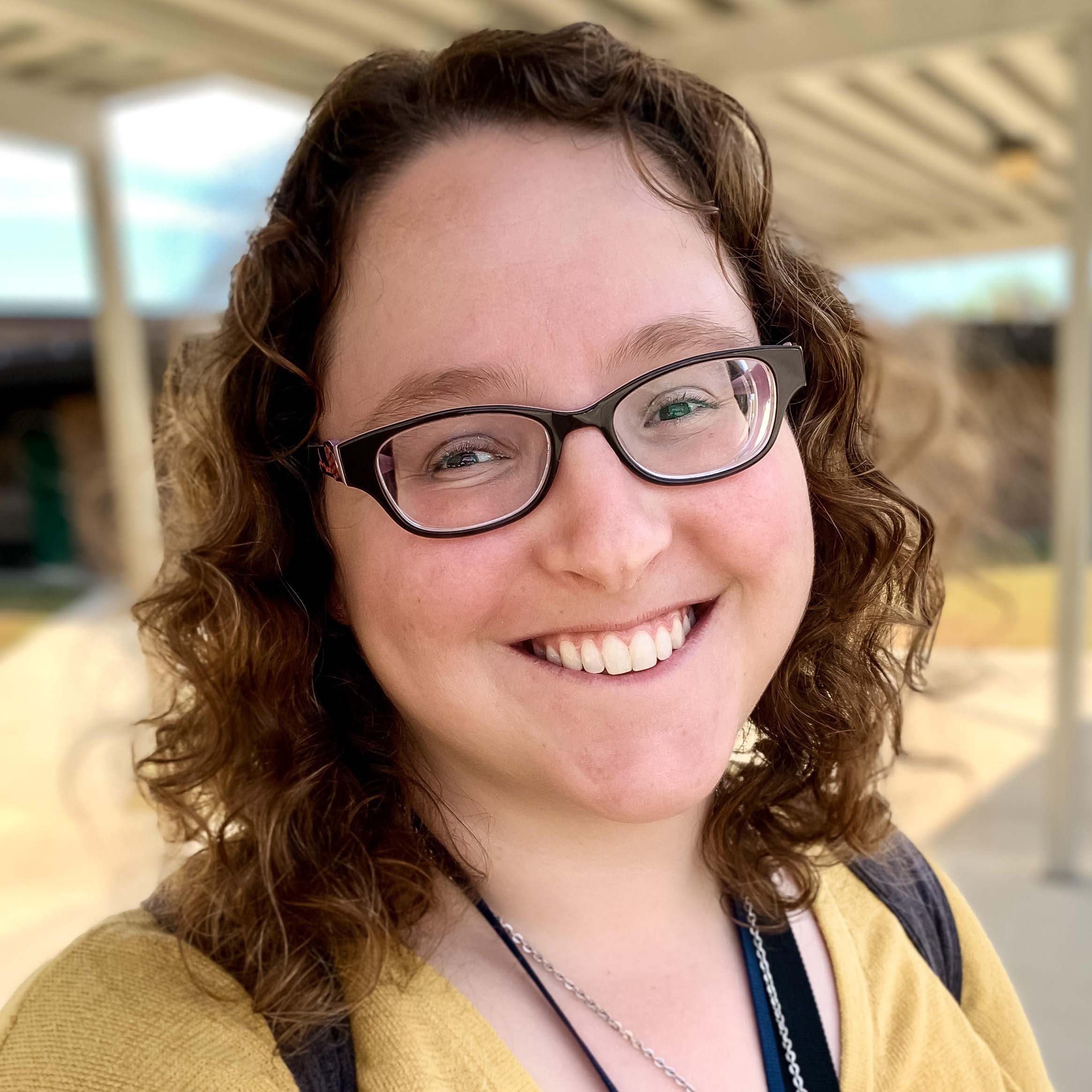Because the world wasn’t built around the blind, ASU alum decided to change the world
In school, ASU alum Taylor McDonald couldn’t see the board or details that were far away. McDonald has congenital nystagmus (rapid-eye movement) and degenerative myopia (nearsighted vision that continues to get worse over time). Because of these conditions, her vision is 20/200; she’s been legally blind since birth.
McDonald’s experiences growing up without knowing about the resources that were available showed her that “the world wasn’t built around the blind and visually impaired.” Now an Itinerant Teacher of the Visually Impaired, she is also a Certified Orientation and Mobility Specialist in Concord, North Carolina. Originally from Glendale, Arizona, McDonald graduated from ASU in the spring of 2016 with a bachelor’s degree in social and behavioral sciences.
Part of what led McDonald to her career was that she felt alone throughout high school and during her first few years of college. She began to believe that she just wasn’t smart.
“I knew I couldn’t see like everyone else, but a part of me thought and believed that I struggled so much in school because I was dumb. I had no idea there were services out there that could help me,” she said.
“I remember telling myself in high school that I would teach students who were blind because no one else was doing it. It turns out that there were services out there, but my family and I just didn’t know about them.”
McDonald was 23 when she was introduced to the Foundation for Blind Children’s adult services program.
“It was at this time that I learned about orientation and mobility (how to use a white cane for navigation), Braille instruction, assistive technology and independent living skills. It was after this that I realized that I was smart, that I wasn’t always clumsy or not paying attention. It changed my life!” she said.
McDonald’s life now is less difficult than it used to be. She has overcome many obstacles with determination and the right tools and techniques.
“My life motto is ‘it’s only a disability if you allow it be.’ One of my goals is to not let society or my disability define who I am or what I choose to become in my life. This is also what I teach my students.”
McDonald previously did work for the Foundation for Blind Children for five summers. During this time she supported and taught high school students who were blind or visually impaired. She taught her students independent living skills, Braille, job readiness skills and helped them adjust to their disabilities.
“I was one of those students who always tried to make the most of every situation. I didn’t look at failure as an option in my life. I looked at difficult situations and said ‘it’s not that I can’t, but rather how can I?’ If I can’t see the board then what do I need to do to make this happen?” she said.
“Since I was a problem solver from the core, I knew there was always a way through the most difficult of situations.”
The Disability Resource Center at ASU became one of the ways McDonald could access what she needed to earn her degree. She spent a lot of her free time at the DRC. It became her home on campus.
“I felt like I had so much support there that I didn’t want to leave,” she said.
“They made me feel loved, appreciated, respected, heard. I had never experienced this type of environment on a college campus. It made school seem enjoyable because I knew I had such a large support system walking alongside me, encouraging me on the campus.”
The DRC impacted her ASU experience in a positive way, McDonald said.
“Every time I come into town I still go and visit these people because they are truly special to me!”
McDonald felt especially supported when she started her own club at ASU’s West campus. Ability Counts’s aim was to create awareness on campus about disabilities that were affecting students.
“I want to change the hearts of society not only toward people who are blind but for every disability seen or unseen,” she said. “My goal in life is to make sure that my students don’t slip through the cracks and feel alone.”